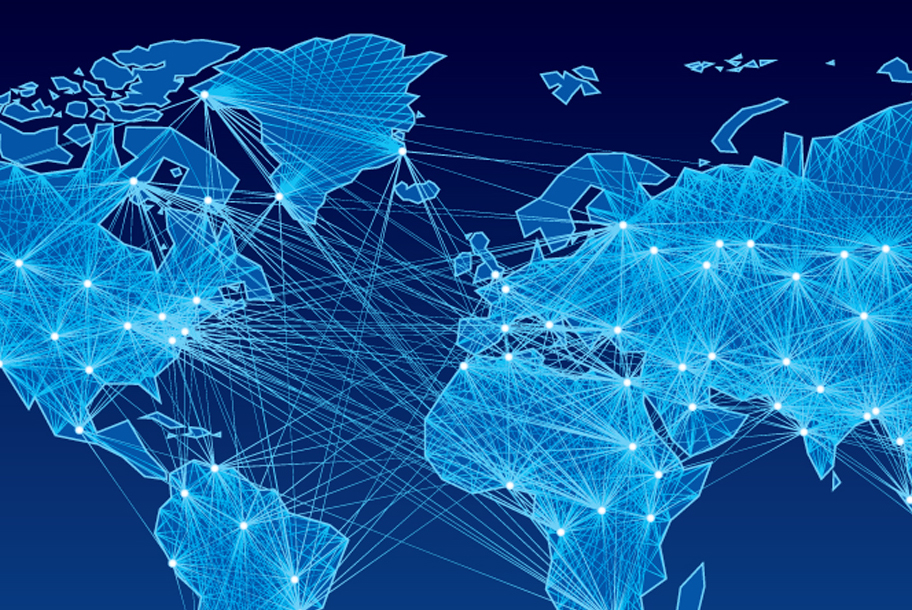Globalization has brought together a multitude of fundamentally different cultures and japanese translator, which until now may have never had any desire for intercultural interaction. The first and most direct manifestation of such a meeting of cultures was the unexpected increase in the demand for translators and translation services.
There is no doubt that the world we live in is becoming more and more “globalized” and that the driving force behind this phenomenon has been the emergence of the Internet, IP telephony, fax machines, satellite TV and mobile phones. While the reason may be obvious, the results are constantly showing up, and no one can yet predict where they will lead us. However, the most obvious trend today is that globalization has brought to the fore the problem of language barriers.
This stage of cultural interaction can be illustrated within the microcosm by the example of the European Union. There are 20 officially recognized languages in the European Union, and during the session of the European Parliament, the services of approximately 60 interpreters are required to communicate with all its members. It currently employs about 2,000 interpreters and translators to support the entire organization.
Although we are only at the initial stage of the meeting of cultures … which creates a need for translators and translation services, evolution suggests a further transition to another stage … in which a common communication environment appears … and to see the first manifestations of this phenomenon, you need to look back into the past.
A common second language as a universal means of communication was developed by L.L. Zamenhof in 1887, when he published the language he invented, Esperanto. It was created on the basis of all common European languages and experienced a real revival in the 1950-60s. Although this language has not gained worldwide popularity, today it is still spoken by about 2 million people.
What didn’t happen by design can easily happen by mistake. If we consider the two most popular languages of the Internet, we find that the leaders in the list are Chinese and English, we also find that both of these languages are spreading throughout the entire globe. Of course, the language of international business and finance, as well as (along with German) and the language of science and technology, is actually English, although someone may disagree with this statement.
However, the Mandarin dialect is also becoming more widespread. China has become the main engine of world trade, and with the expansion of international partnerships and trade ties, the Mandarin language is gaining more and more popularity. This is most evident on two continents: South America and Africa, but more and more Mandarin is becoming the main requirement for many international corporations opening offices or wishing to work with China.
Regardless of whether we witness the evolution of a common linguistic medium, these languages may receive such a dominant influence that will deserve a mention in history … The same influence that Latin had in the ancient civilized world. But before that time comes, we will continue to need the services of companies whose translators can pave the way between true linguistic diversity and possible linguistic unity.
